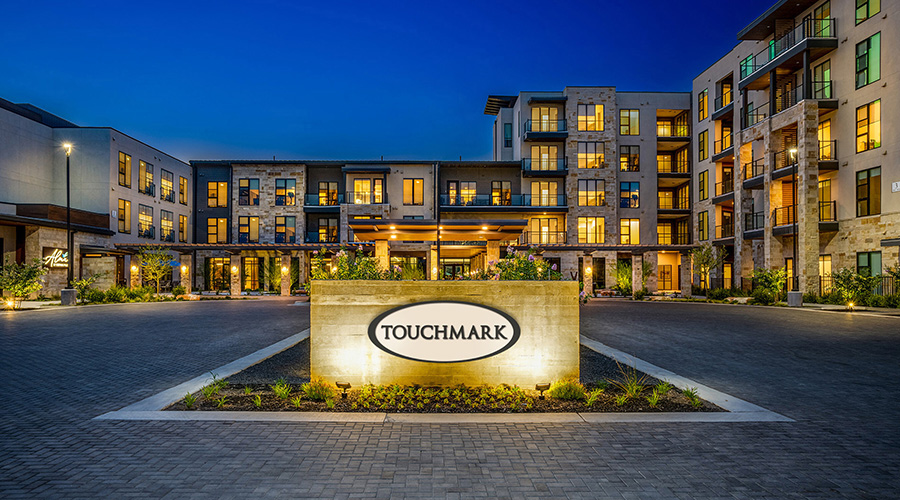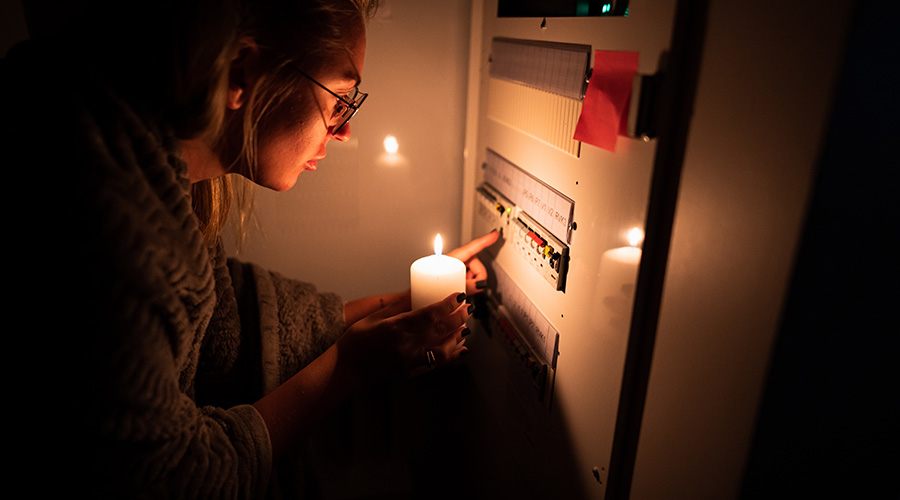The global blockchain in healthcare market was valued at $531.19 million in 2021, and is estimated to reach $16,300.43 million by 2031, growing at a compound annual growth rate (CAGR) of 40.8 percent from 2022 to 2031.
Healthcare systems use blockchain networks to store and share patient data across hospitals, diagnostic labs, pharmacy companies and doctors. The patient is at the core of the healthcare ecosystem owing to blockchain technology, which improves the security, privacy and interoperability of health data. By increasing the performance, disintermediation and security of electronic medical records, this technology offers a new model for health information exchanges.
The rapid rise in the incidence of data breaches and surge in supply of counterfeit medicines are major factors that drive the market growth. In the black market, personal health information (PHI) or standard personally identifiable information is more valuable than credit card information. Cybercriminals have a greater motivation to target medical databases as a result. The PHI might be used or sold for their own financial advantage.
According to the U.S. Department of Health and Human Services, data breaches have affected over 15 million health records. Since data is held in discrete blocks in block chains, they are seen as being safer and less threat of data breaches and thus significantly drive the growth of the blockchain technology in healthcare market.
In addition, adoption of blockchain within healthcare systems flourishes market growth. Blockchain helps in supply chain management, data exchange & interoperability, claim adjudication & billing management and others.
But the lack of skilled professionals to handle blockchain technology in the healthcare industry and lack of common set of standards can impede the growth of the market. As blockchain technology in healthcare is sophisticated, it needs to be operated and managed by qualified professionals.

 Building Sustainable Healthcare for an Aging Population
Building Sustainable Healthcare for an Aging Population Froedtert ThedaCare Announces Opening of ThedaCare Medical Center-Oshkosh
Froedtert ThedaCare Announces Opening of ThedaCare Medical Center-Oshkosh Touchmark Acquires The Hacienda at Georgetown Senior Living Facility
Touchmark Acquires The Hacienda at Georgetown Senior Living Facility Contaminants Under Foot: A Closer Look at Patient Room Floors
Contaminants Under Foot: A Closer Look at Patient Room Floors Power Outages Largely Driven by Extreme Weather Events
Power Outages Largely Driven by Extreme Weather Events